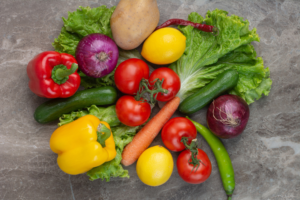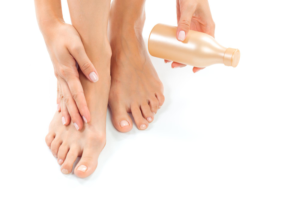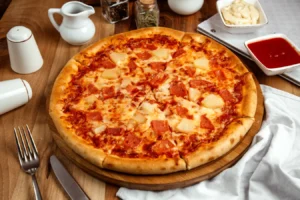Excessive consumption of saturated fats promotes hair loss by depleting the stem cells of the hair follicle, from which the hair grows, blocking its regeneration and preventing it from growing again.
An excessive diet rich in saturated fats, which are found in foods of animal origin, such as red meat, sausages, and whole milk, and its derivatives such as aged cheeses, raises levels of harmful cholesterol or LDL, increasing the risk of cardiovascular diseases and promoting obesity and overweight.
Most of these fats, which have certain chemical properties and are usually solid at room temperature, come from animal foods, but some vegetable oils, such as palm and coconut, also contain them in high concentrations, according to the U.S. National Institutes of Health (NIH).
However, “all fats provide energy for the body to function properly, so foods containing saturated fats should not be eliminated from the diet but consumed in moderation,” explains the University of Navarra Clinic (CUN).
Saturated fats and hair loss
According to Hospital Capilar (HC), there is another reason to moderate the consumption of these fats in particular: eating too many foods that contain them promotes hair loss by causing the depletion of the stem cells of the hair follicle, from which the hair grows, blocking its regeneration and preventing, in the long term, the hair from growing there again.
“Our hair needs nutrients and vitamins to grow healthily, and for this reason, following a balanced diet has become a key factor in preventing hair loss,” explains Dr. Steven Walker, from the HC clinic.
“Fats in general and essential fatty acids in particular are very important in the hair growth cycle, participating in an important way in the follicular cycle, so they are necessary to maintain good hair health,” according to Walker.
However, saturated fats cause systemic changes (they affect the entire body), so if you consume too much of them regularly, you end up “compromising the blood supply to the hair follicle, which, in turn, causes an increase in free radicals (substances that damage cells),” she explains.

Some carbohydrate-based foods, such as baked goods and products made from industrial dough, and those made from palm oil and fat, can also have negative effects on health because they contain high levels of saturated fat, according to HC specialists.
On the other hand, excessive consumption of saturated fats causes the diet to neglect foods that contain plant fiber and micronutrients that are essential for proper follicular function and for hair to stay healthy and strong, such as vitamins and minerals, according to Walker.
The reduced intake of these healthy substances causes a nutritional deficiency and an increase in free radicals, which also negatively affects the hair follicle at the cellular level, he points out.
All of this results in hair looking duller, lackluster, and dehydrated; losing its natural color progressively; and ultimately falling out more and faster, according to HC.
Diet ally of hair
To prevent hair loss as far as possible, HC experts recommend, first of all, following a balanced diet that includes fruits, vegetables, meats, and legumes.
To have healthy and strong hair, you should also include in your diet foods that contain vitamins A, C, E, and group B; Omega-3 fatty acids; the minerals zinc, silicon, iron, and selenium, as well as proteins, according to this same source.
Spinach, eggs, dried legumes, liver, oysters, oily fish such as salmon, tuna or sardines, potatoes, and avocados are foods that promote good hair health,” says the specialist from Hospital Capilar.
In some cases, it may be necessary and advisable to “opt for vitamin supplementation, always under the recommendation of a specialist, to provide the necessary micronutrients for the hair follicle” concludes Dr. Walker.























+ There are no comments
Add yours